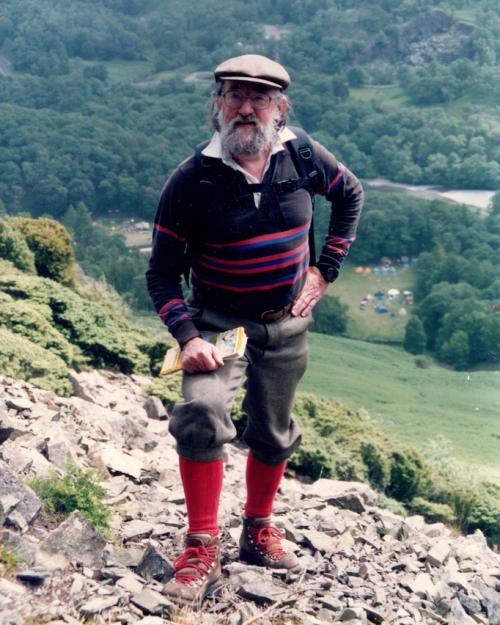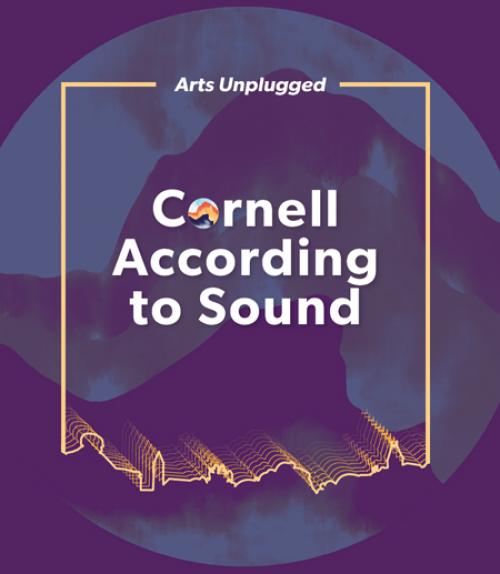
Helping urban youth use AI to navigate the future
Cornell Chronicle
 Department Homepage
The College of Arts & Sciences
Department Homepage
The College of Arts & Sciences



